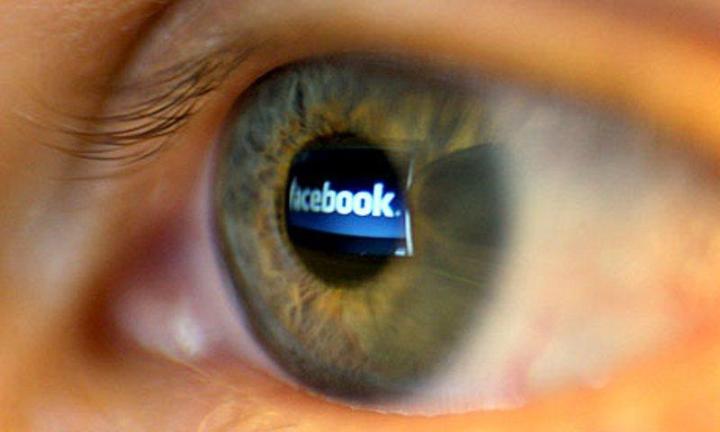
For the first time ever, Facebook today released a transparency report that outlines the number of government requests for user data the social network has received, and how often it complies with those requests.
According to Facebook’s “Global Government Requests Report,” which covers the first six months of 2013 ending on June 30, the United States government issued the more requests for user data than any other country, with 11,000 to 12,000 requests that concerned between 20,000 and 21,000 users. Facebook says it complied with those requests 79 percent of the time, which, if they requested 20k and the compliance rate was 79 percent, means 15,800 accounts’ data was handed over.
India’s government issued the second highest volume of requests, with 3,245 requests issued, affecting 4,144 user accounts. The governments of France, Germany, Italy, and the United Kingdom all issued between 1,500 and 2,000 requests, which concerned between approximately 1,600 and 2,350 users in each country.
In total, world governments issued more than 25,000 requests for user data connected to more than 38,000 user accounts – approximately 0.0033 percent of Facebook’s 1.15 billion monthly users.
In a statement posted along side the report – which provides only the total number of requests, the number of users or accounts affected, and the percentage of requests that resulted in the disclosure of user data – Facebook General Counsel Colin Stretch reasserted the company’s commitment to properly handling government requests for user data, and stated the importance of “transparency and trust” at Facebook.
“Transparency and trust are core values at Facebook,” wrote Stretch. “We strive to embody them in all aspects of our services, including our approach to responding to government data requests.”
Facebook joins a growing list of Internet companies that release periodic transparency reports. The list also includes Google, Twitter, Dropbox, LinkedIn, and Microsoft.
The release of Facebook’s first Transparency Report follows revelations that the social network participates in the National Security Agency’s PRISM program, a top-secret endeavor revealed by whistleblower Edward Snowden, which provides the NSA with users’ communications and other data. PRISM encompasses data provided by nine companies in total: Facebook, Microsoft, Google, Yahoo, PalTalk, YouTube, Skype, AOL, and Apple.
Facebook’s Stretch reiterated CEO Mark Zuckerberg’s assertions that the company does not provide the NSA with “direct access” to the company’s servers, and added that the social network imposes a “stringent process” for all government data requests.
“As we have made clear in recent weeks, we have stringent processes in place to handle all government data requests,” said Stretch. “We believe this process protects the data of the people who use our service, and requires governments to meet a very high legal bar with each individual request in order to receive any information about any of our users.”
Stretch added that “we strongly encourage all governments to provide greater transparency about their efforts aimed at keeping the public safe, and we will continue to be aggressive advocates for greater disclosure.”


